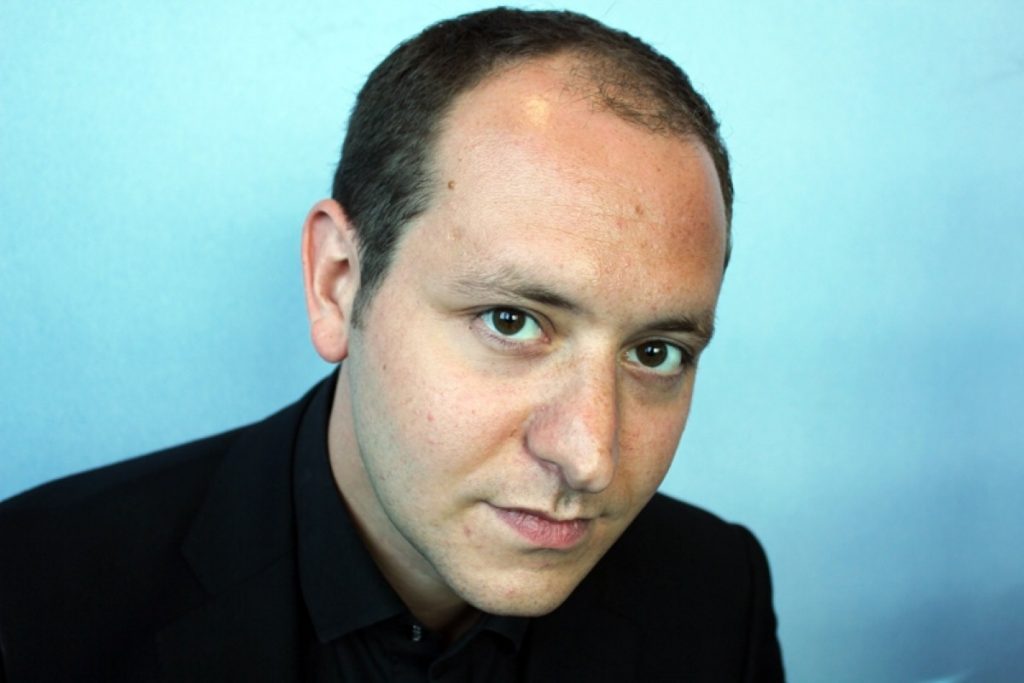Comment: Top Gear and the politics of comedy
The British should celebrate, not censor, their nasty sense of humour.
By Ian Dunt Follow @IanDunt
What's the difference between calling a Frenchman arrogant and a Mexican feckless? Precisely nothing, except that one sparks a patronising backlash and the other is considered so common as to be tedious.
The use of national stereotypes is the latest subject of the BBC's ongoing drive to rid itself of anything humorous or enjoyable in its schedules. It is a new chapter in the encroaching victory of the Daily Mail over British comedy, which will be neutered until all we have left is Michael McIntyre commenting on how people never talk on the Tube. The BBC's editorial complaints unit found that Top Gear's laughs at the expense of the Mexico's cuisine, ambassador and national habits had the effect of "reinforcing rather than ridiculing" stereotypes about the country.


Plainly it's not true that all Mexicans are feckless, any more so than it's true that all Englishmen are terrible lovers or that all Germans are over-organised robots. This obvious point has made generalisations socially frowned-upon, but it fundamentally misunderstands
what a generalisation is.
I'm half British and half-Latin, so I have some authority on the subject. I can tell you with utter confidence that the following generalisation is accurate: the English express their feelings less than Latin Americans. So there you have it. Strike me down. This completely uninteresting observation is generally true despite the fact that I know many English people who express their feelings more than Latin Americans. That’s why it's called a generalisation: not because it's universally the case, but because it's generally the case.
National stereotypes make us laugh for the same reasons as observational humour: because they usually have a grain of truth. They’re certainly not funny by virtue of following the BBC maxim of "ridiculing" rather than "reinforcing" stereotypes. Most jokes of this sort will have either effect, or both, depending on the viewer.
Plainly everyone already knows this. Either that or viewers are secretly offended every time we mock the French for being arrogant. The truth is that poorer countries are treated with kid gloves, while major western countries are apparently fair game. That's patronising and unhelpful, even if the sentiment is sincere.
The British give as good as we get. Bad at sex, unromantic, obsessed with queuing, grumbling but never doing, purveyors of bland food, always second best: this are the currency of British self-reference. We deliver a harsher judgement on ourselves than most visitors do. As the initial, far more sensible, BBC response to the Top Gear complaints read: "The UK prides itself on being a tolerant nation, but one of the contributing factors towards that tolerance is the fact that jokes made around national stereotyping are commonplace, and are indeed a robust part of our national humour."
This honest, bare-bones approach to our failings reveals a deep national confidence, the kind of assurance that derives from centuries of cultural influence, starting with Chaucer and ending, I suppose it must be said, with JK Rowling, as grating as that comparison may be.
It's not the same everywhere. Not every country has the same humour and certainly most lack the same obsession with self-deprecation. It might not be the same here for much longer if the BBC – for years the provider of challenging and pivotal comedy – continues its utter capitulation to the unholy combination of the Daily Mail and the political correctness brigade.
Top Gear is a major cultural export, one which I happen to detest but which remains the best-known British programme overseas. The US edition, however, was subsequently cut to remove the Mexican jokes. It’s a dreadful shame.
Overseas viewers will notice the offensiveness of British humour, from Andy in Little Britain to Manuel in Fawlty Towers, but also the endless delight it takes in mocking itself. That kind of national self-confidence is priceless and many countries could do with a little bit of it. They might even get some sense of the idea that there are no sacred cows, that everything is fair game, that taking yourself too seriously is an unforgivable social crime.
It's this quality that drove Jarvis Cocker to pull his trousers down while Michael Jackson acted like a musical Messiah, that prompted members of the public to fly remote control helicopters with McDonalds meals up by David Blaine's glass box by the Thames. It’s also the quality that gives the British a remarkable aversion to political extremism and religious certainty. If it causes a bit of offence now and then, it seems a small price to pay.









